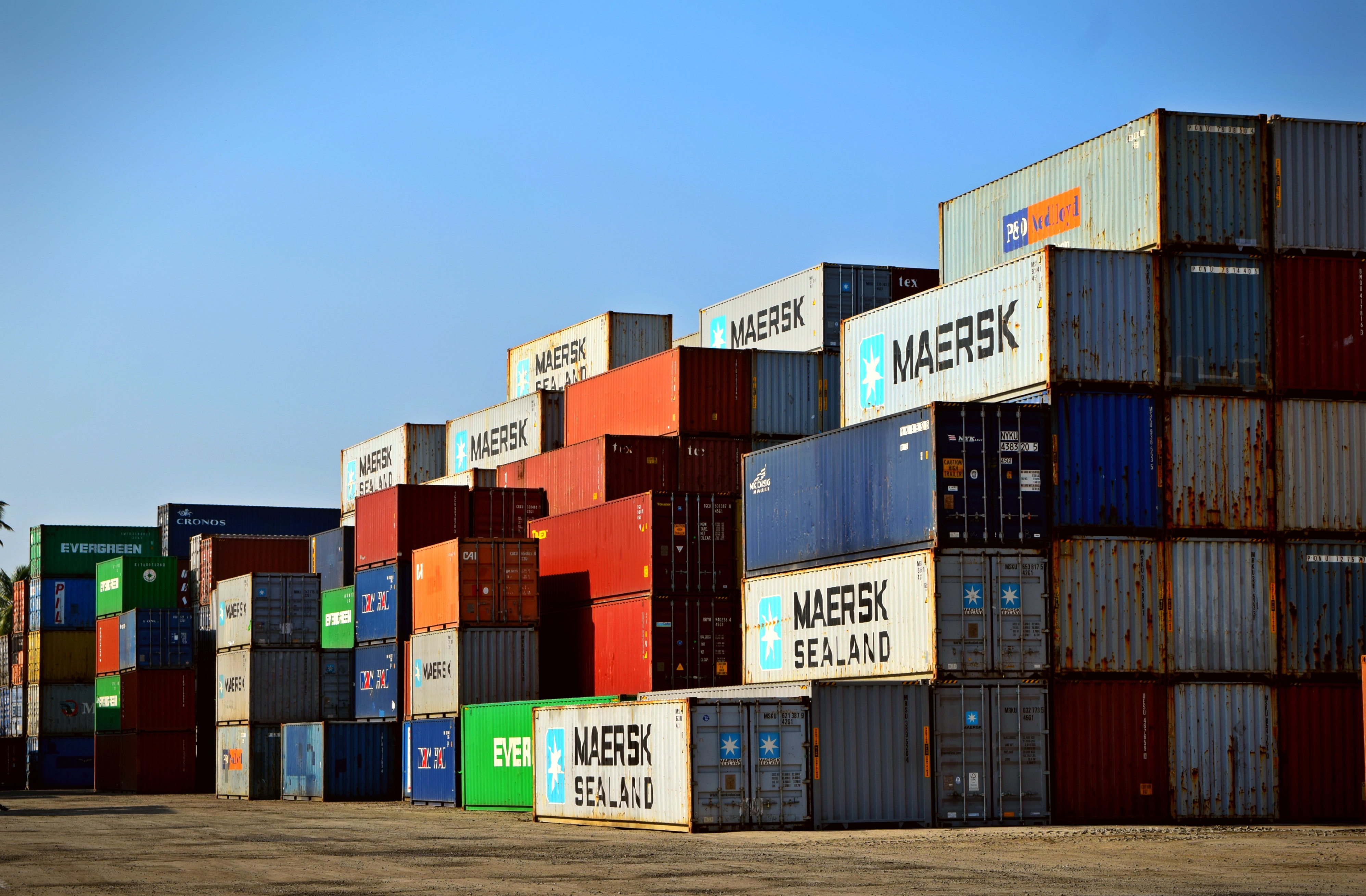Have you ever visited a mall or the supermarket, buying a ton of things and then waiting in the longest possible billing queue which is receding at speed slower than a snail? We have all been through this, and it’s a pain in the neck. We all have to stand by and suffer the biller scanning all the items one-by-one wishing later to have a technology that can lessen this lengthy tedious process.
If you wish for the same, then here is a piece of good news for you! RFID is a ground-breaking technology that can save the day for you. But what is RFID?
RFID stands for Radio Frequency Identification, a fantastic piece of technology that works on the principle of AIDC (Automatic Identification and Data Capture). It looks something like this:
This thin section of the device tracks down targeted items and collects data about them, rendering it in the computer system with minimal human intervention. It is made possible by using radio waves technology.
Inside the RFID:
RFID primarily consists of 2 components.
The RFID smart chip:
These chips can be tagged in any component helping us to track down the item within a range of 100 meters. The chip is made up of integrated circuits that help transmit data to and fro. It also includes non-volatile memory storage which provides for either programmable or fixed logic for sensor data and transmission.
Rfid reader:
In simple words, it’s a transmitter that activates the tag.
There are multiple real-world applications of RFID, but we are here to discuss its impact on the logistics and supply chain industry.
Well, logistics is the backbone of the economy, which ensures the flow of goods within several commercial sectors. It includes the transportation of goods, purchasing, warehousing, material handling, customer service, and so on. In short, logistics is the management of the supply chain industry.
- Inventory Management: The range of RFID allows monitoring, controlling, and storing items making it hassle-free. Unlike the barcode or QR-code, multiple RFID chips undergo scanning in a moment given the range.
- Warehouse Management: Warehouses are simply storing units where you store various goods collected from the supplier. The tracking technology of RFID decreases the probability of misplacing products. Inaccuracy in warehouse management is inevitable.
- Real-time updates: Scanning and supply control is quicker in RFID tags than with other forms of scanning processes. It allows you to scan the database and find out exactly how much of a product you have on hand, instead of getting numbers that may be days or weeks old.
Even though the advantages are humongous, there are few complications related to RFID tags. First of all, the tags are quite costly compared to that of barcode and QRcode. Due to its steep price, there are chances of loss if the sales of products go wrong. Secondly, due to its range, during the scanning of specified products, it scans unwanted tags nearby. Also, it’s a sophisticated technology which makes it hard to understand the working.
RFID holds vast potential in the coming future. It’s just a matter of time to find a breakthrough in the field of RFID, and be a hit in the market.



